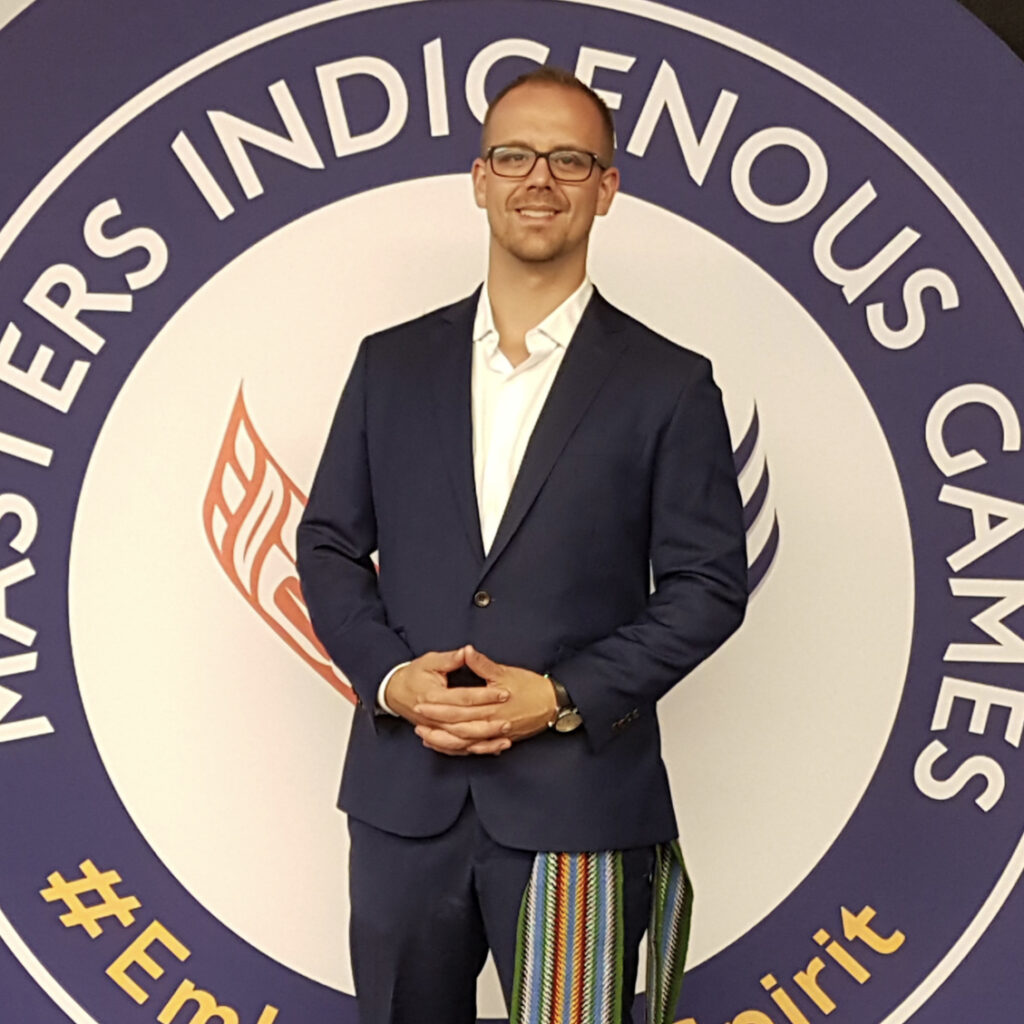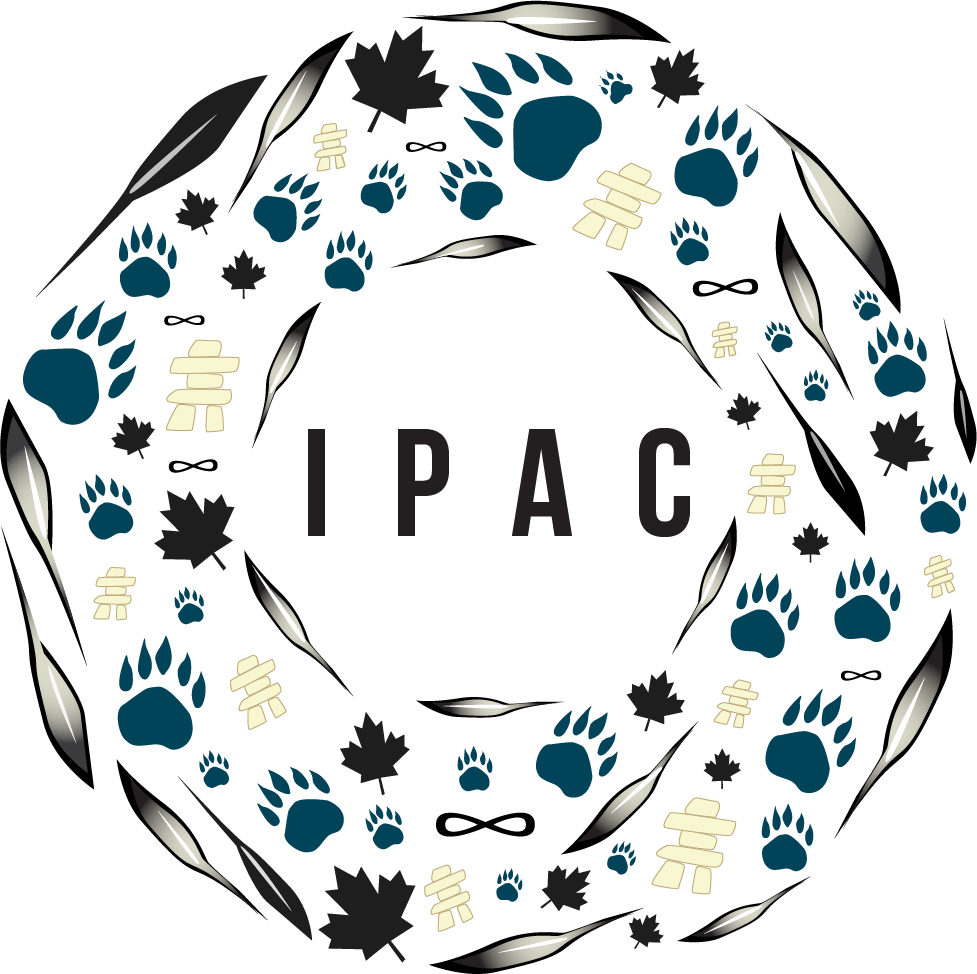RECOGNIZING EXCELLENCE JOHN BUDARICK

John Budarick
Firstly introduce yourself and tell us where your home place is. Describe your job/jobs in just under four sentences. Please also provide your title and profession.
I’m John Budarick, a proud Métis Citizen, a paramedic for the City of Toronto, and the owner of JobReadyCPR. I grew up in Port Severn, which is in my traditional harvesting territory of Georgian Bay.
What sparked your interest to work in this industry?
I think I figured it out when I had finished university and was trying to get into policing. I was not going to be able to make the changes I wanted to see in the world through that venue, so I switched to something that was a much better fit.
Healthcare is a place where even your smallest words can have a big impact on someone’s life, and I wanted to be that person so I could make sure the words someone heard in their time of need were chosen compassionately.
What do you enjoy most about your profession?
For me, it’s the moments where you as a paramedic can actually make a difference. Believe it or not, those are quite far and few between.
What educational preparation would you recommend for someone who wants to advance in this field?
Healthcare can be tough, but it’s not impossible. I started my whole company based on the fact that I’ve met very few Indigenous people working in this field.
My professional advice is that you take advantage of training programs put on by Indigenous agencies, shadow a professional, ask lots of questions, and finally, practice and study as much as you can.
What does success look like to you for Indigenous youth?
Discovering that they have more potential than they think. This was the hardest step for me and I imagine it’s hard for others as well. I always thought growing up that I would never get this far.
Your first step into a great career is realizing you absolutely can do it. Even attempting, giving it your best, and still failing is forward momentum. Keep trying.
How has a failure, or apparent failure, set you up for later success?
Failure hurts. Sometimes it hurts a lot. And that’s okay. The cool part about all of this is you can learn from it. The next time will always be different. For me, I find a lot more “failure” in my business life.
Sometimes things are great and everyone wants your service. Other times they don’t.
Like in nature, if you don’t adapt to this, you don’t survive, so all of those failures made me flexible, smarter, and better at doing what I need to do to succeed.
What are one to three books that have greatly influenced your life?
Trauma Stewardship – Laura van Dernoot Lipsky
Running on Empty – Jonice Webb
The Subtle Art of Not Giving a F*ck – Mark Manson
Do you volunteer? If so, where and why is that important to you?
A lot. I always have. I believe in community and am aware of how I belong to it.
I have done everything from being a Big Brother, Distress Center call agent, a Team Leader for Salvation Army Disaster Response, to name only a few.
These days I volunteer with my local Métis Council. I can’t stress enough the benefits of volunteering. You meet new people who are also from your community.
You gain skills, experience, and contacts. In my experience, life can be made a heck of a lot easier with a good group of close friends.
In the last year, what new belief, behaviour, or habit has most improved your life?
Reassuring myself that the things I feel are valid, allowed, and okay. You can imagine as a paramedic the things I deal with. Trauma is cumulative and destructive. It takes time and effort to heal yourself.
In the last year, I have come to accept how I have been feeling, to validate it, but to prevent it from impacting how I was acting.
What are some challenges you think the next Indigenous generation will face in your industry/profession?
Some new and some old. Racism is still very much alive and those born into poverty struggle to get even the most basic of resources that others take for granted.
Healthcare will take your time and effort. A dedication. This will be much more difficult if you are also working, have a family life, and struggle with external issues.
It’s these challenges and struggles that really define who you will become.
What advice would you give to a smart, driven student about to enter the “real world”? What advice should they ignore?
Don’t stop. Never stop. They’ll tell you you’re not qualified — there’s always a way around it. They’ll tell you you’re not good enough. You are. Don’t stop fighting.
Be yourself. Don’t live up to what you think people want from you. Give respect and kindness freely, it might bite you one day, but it will reward you most others.

